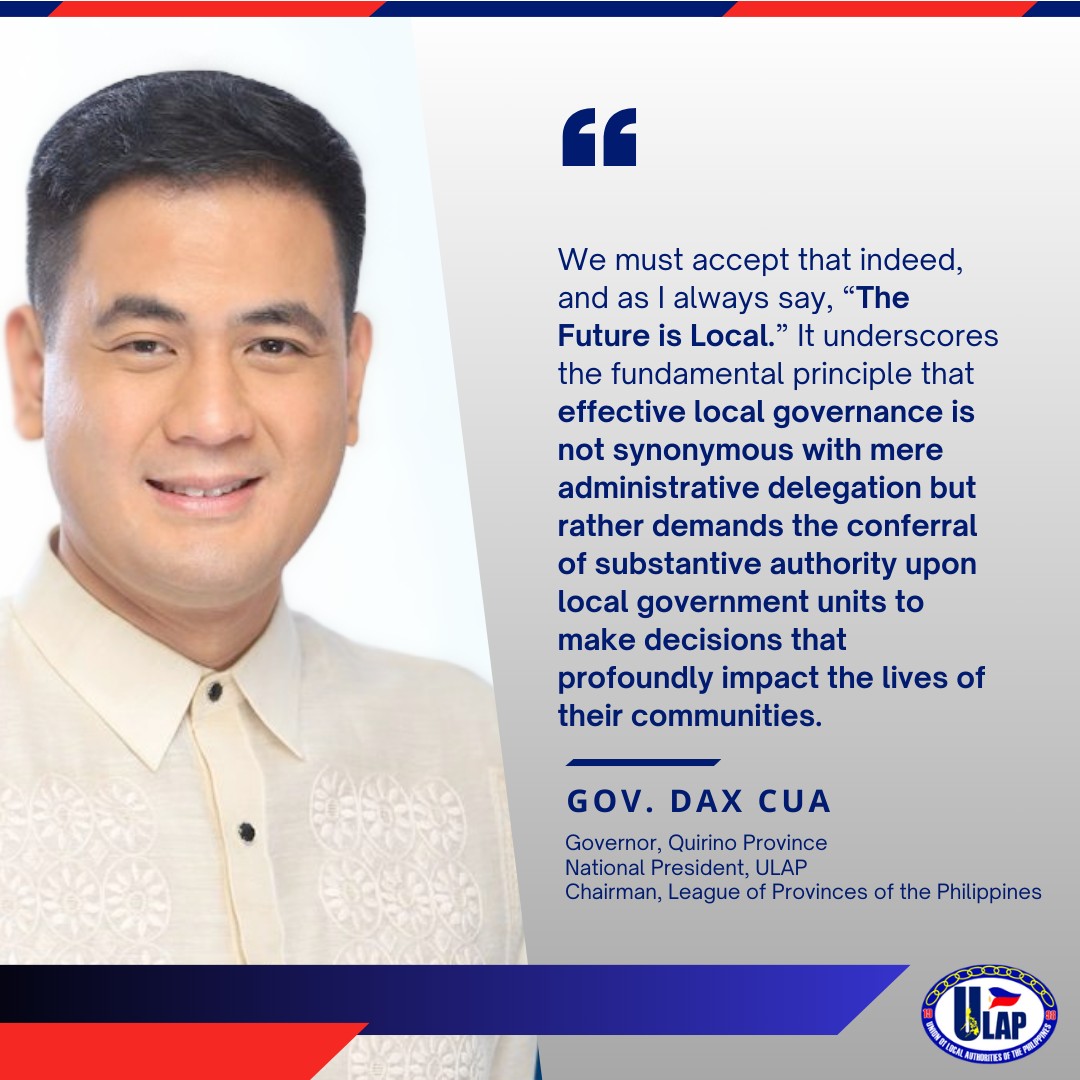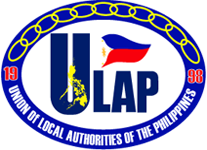ULAP President Governor Dax Cua presents the Renewal of Local Governance Towards the Sustainable Development Goals during the 2023 EROPA Conference and General Assembly at the National Convention Center, Hanoi, Vietnam, today, 19 October 2023.
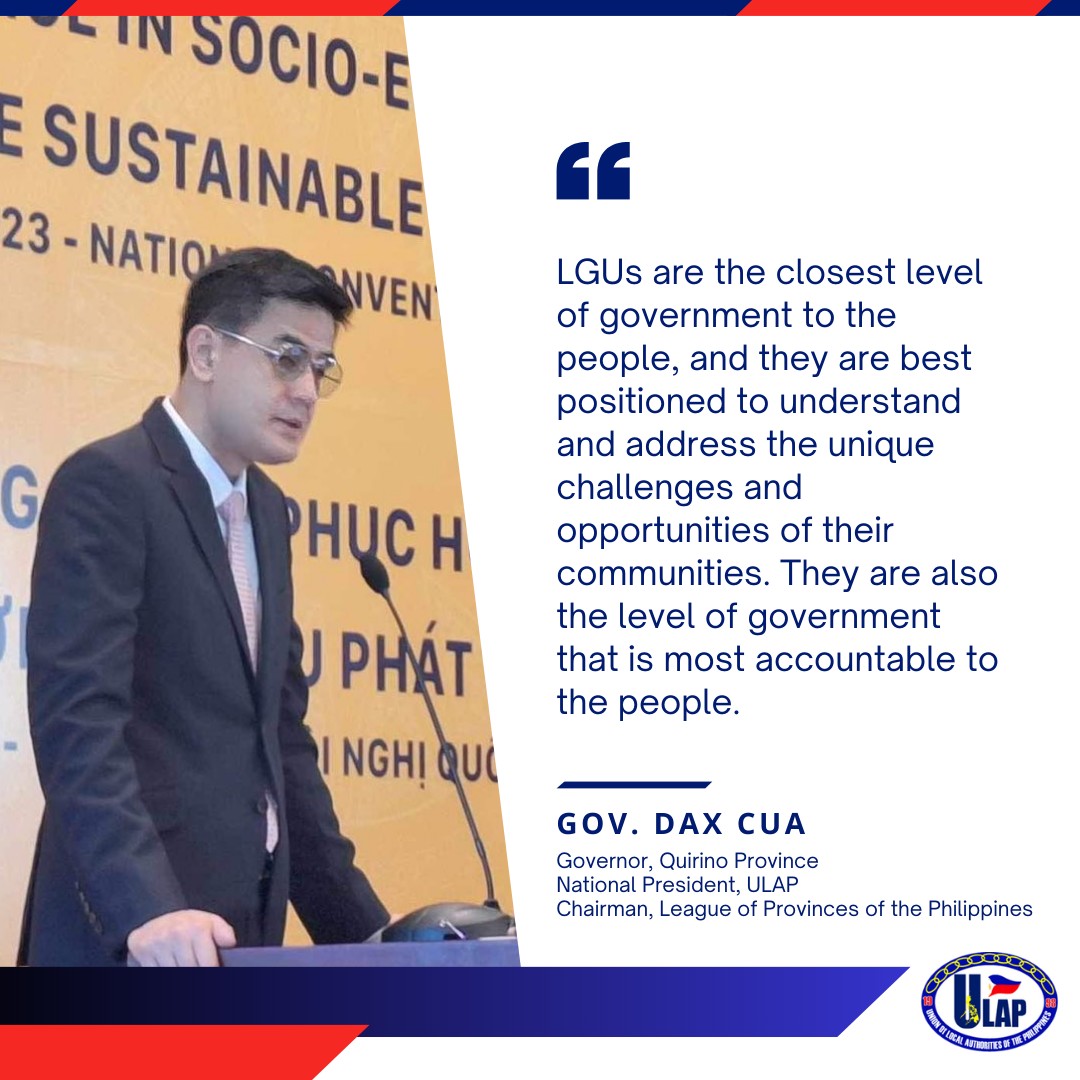

Gov. Cua highlighted the role of local chief executives, particularly provincial governors, as middle managers in the implementation of localized SDG goals and the need for a collective effort involving governments, civil society, the private sector, and local communities.

2023 Philippine Digital Convention
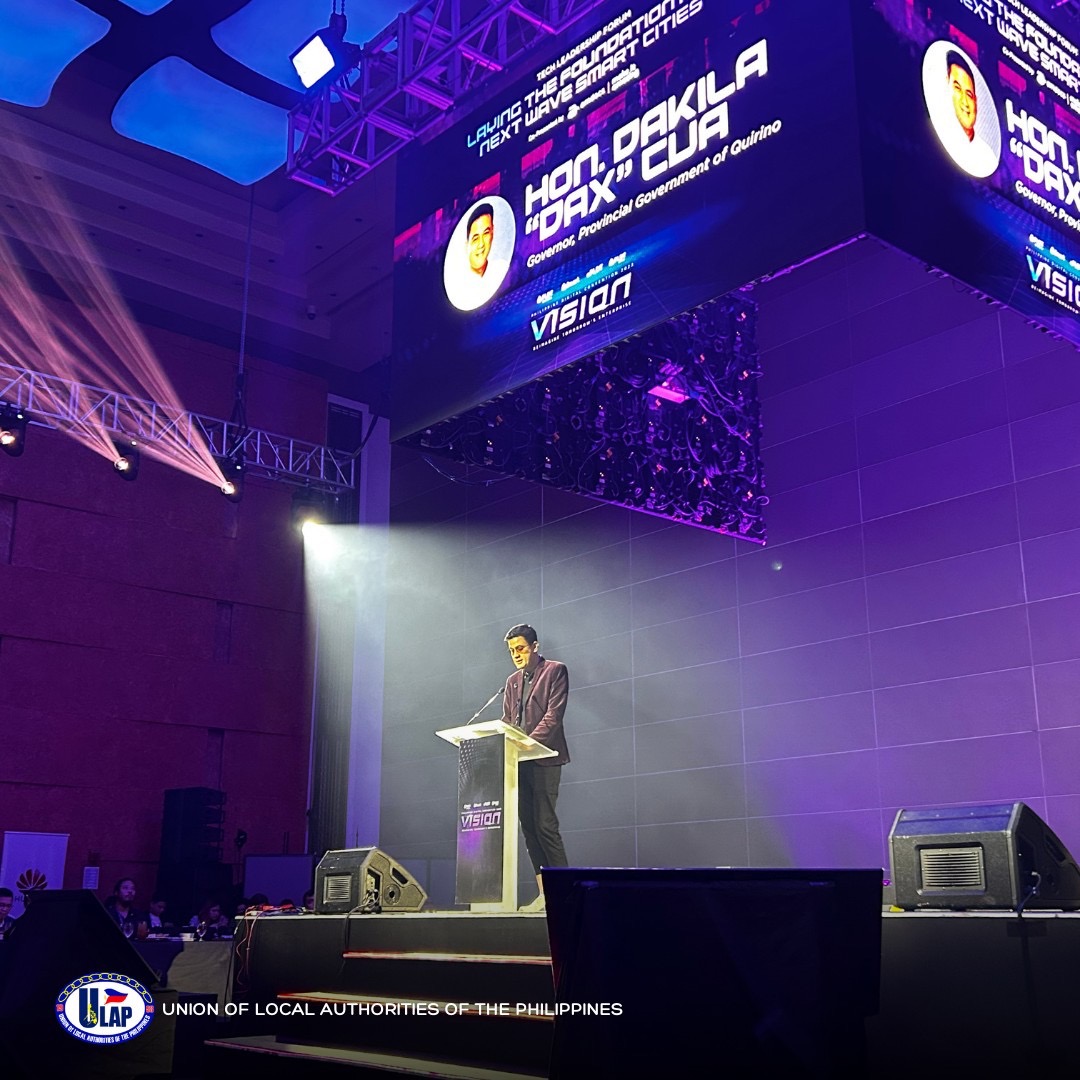
In his keynote message at the 2023 Philippine Digital Convention on October 13, 2023, organized by PLDT Smart, ULAP President Gov. Dax Cua, emphasized the importance of innovation in government service and the role of LGUs in shaping local communities towards becoming smart cities and smart provinces.
He shared the Province of Quirino's initiatives towards digital governance, including its ambitious digital infrastructure project. The project aims to improve internet connectivity in the province by building a fiber backbone with a wireless backhaul and distribution network solution. The initial phase of the project will provide Wi-Fi connectivity in 92 identified public areas, including schools, government hospitals, and rural health units.
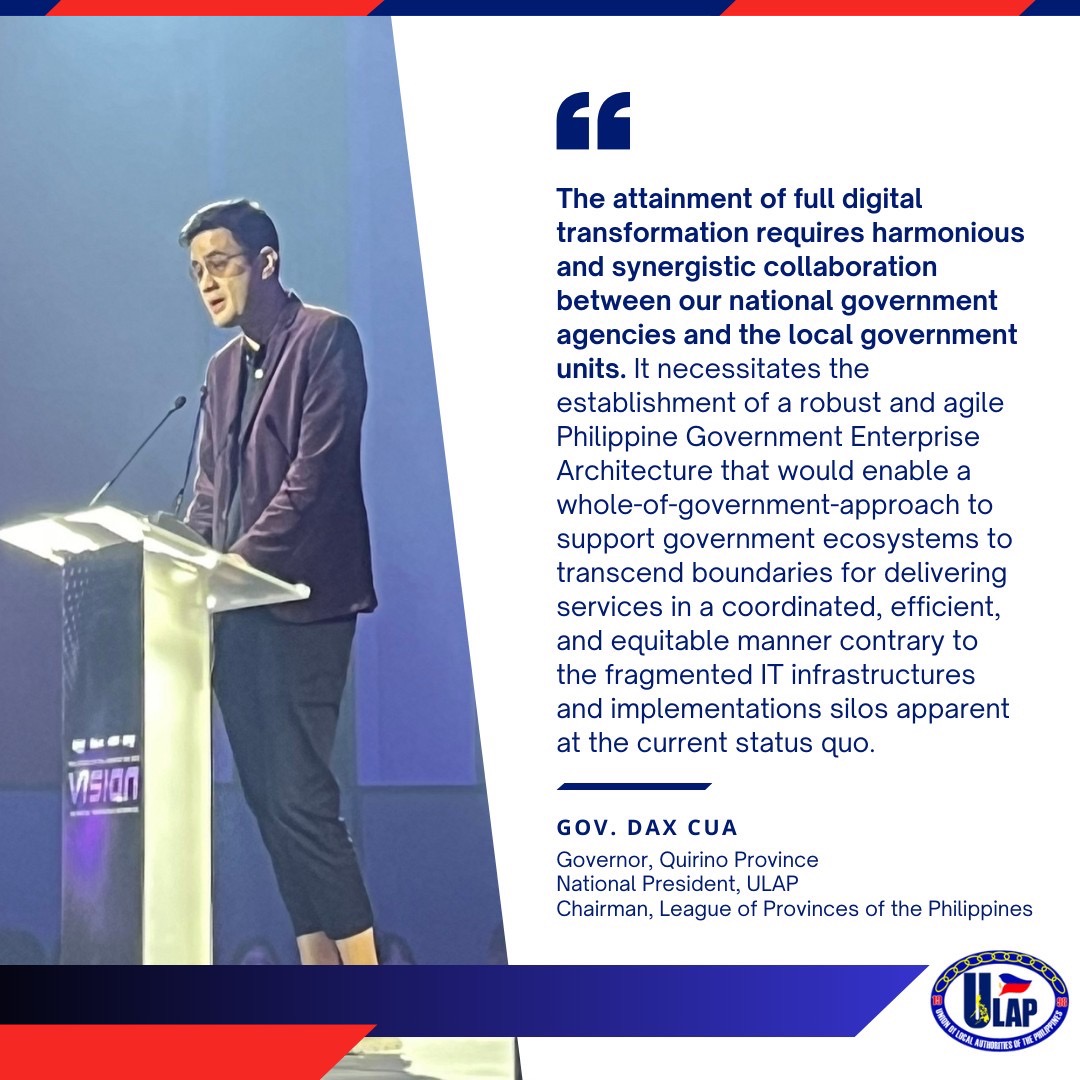
Gov. Cua also highlighted the importance of sustainability in the development of digital technology. He stressed that LGUs should invest in reskilling and upskilling programs for their human resources to make them future-ready and the importance of public and private dialogue and collaboration in promoting digitalization and sustainability.
ULAP VP for Mindanao and VMLP Chairman Vice Mayor Bernard dela Cruz and ULAP Chairman for Advocacy and PCL Chairman Councilor Raul Corro also attended the event at the Grand Marriott Ballroom in Pasay City.

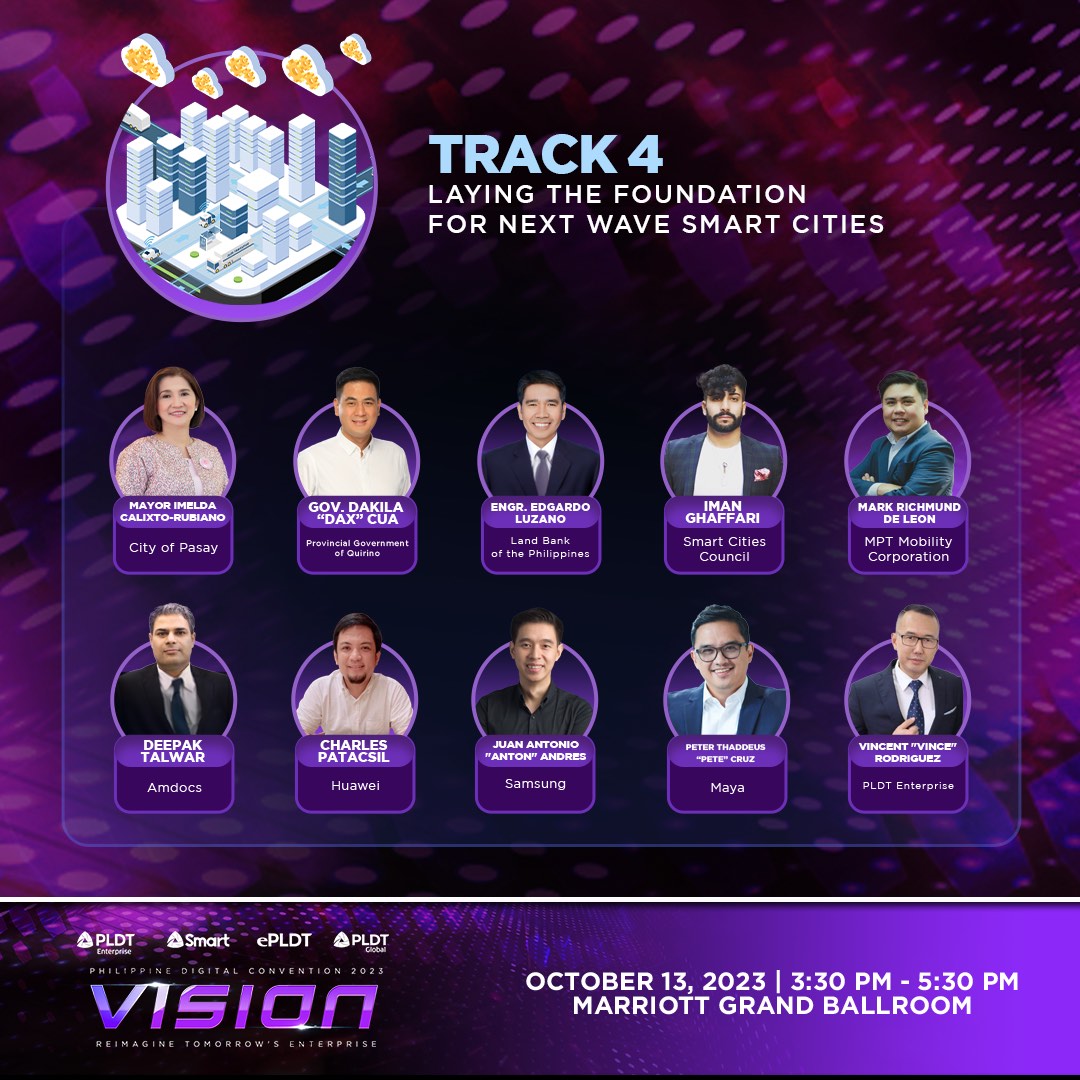

PLDT launches "Lipad, LGU" initiative to help LGUs become smart cities
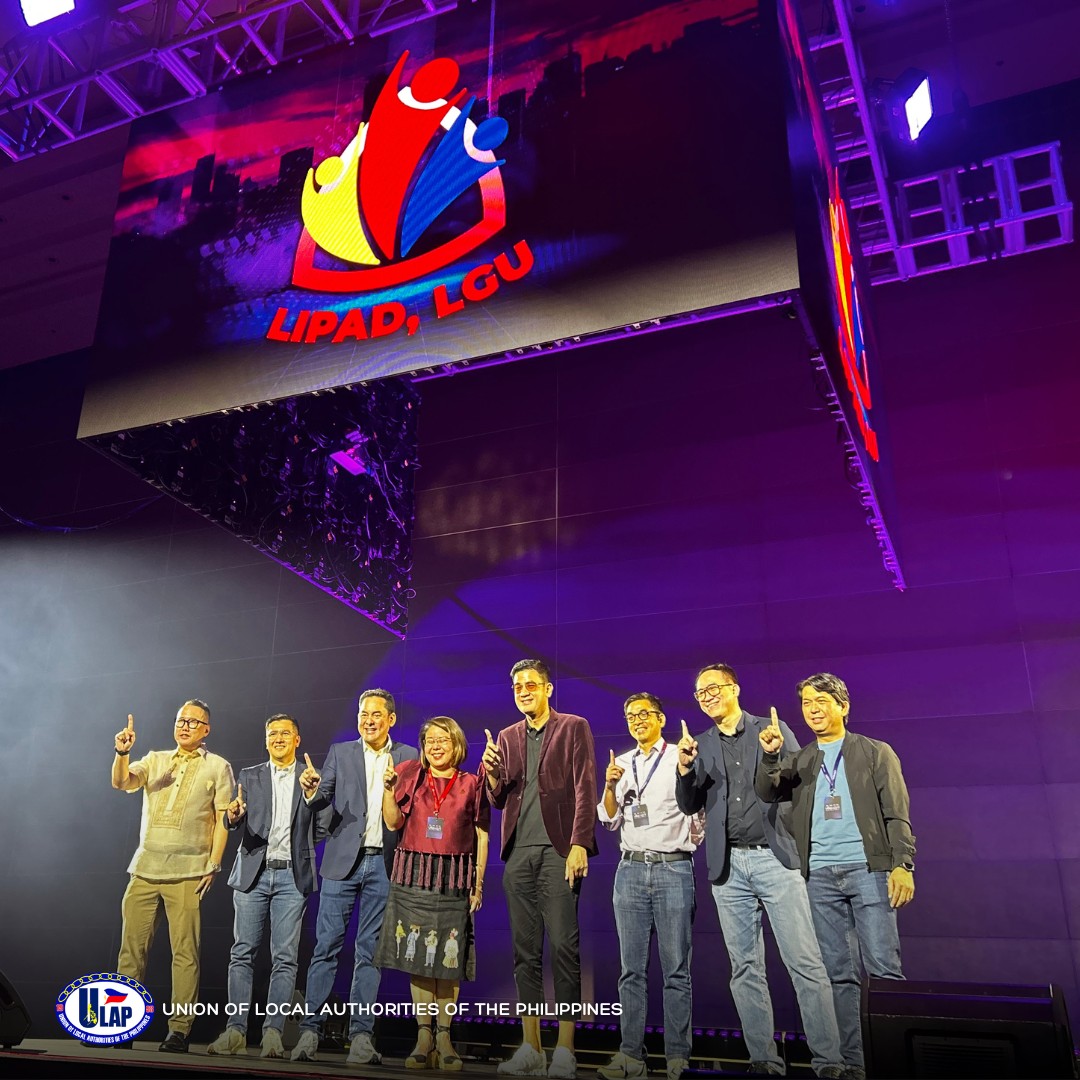
PLDT launched its “Lipad, LGU” initiative in partnership with the Union of Local Authorities of the Philippines (ULAP) during the 2023 Tech Leadership Forum. The initiative aims to help LGUs become smart cities through programs such as smart cities assessment, education, planning, and benchmarking.

ULAP PRESIDENT DAX CUA EXPLORES PARTNERSHIP FOR LGUs WITH THE UP RESILIENCE INSTITUTE
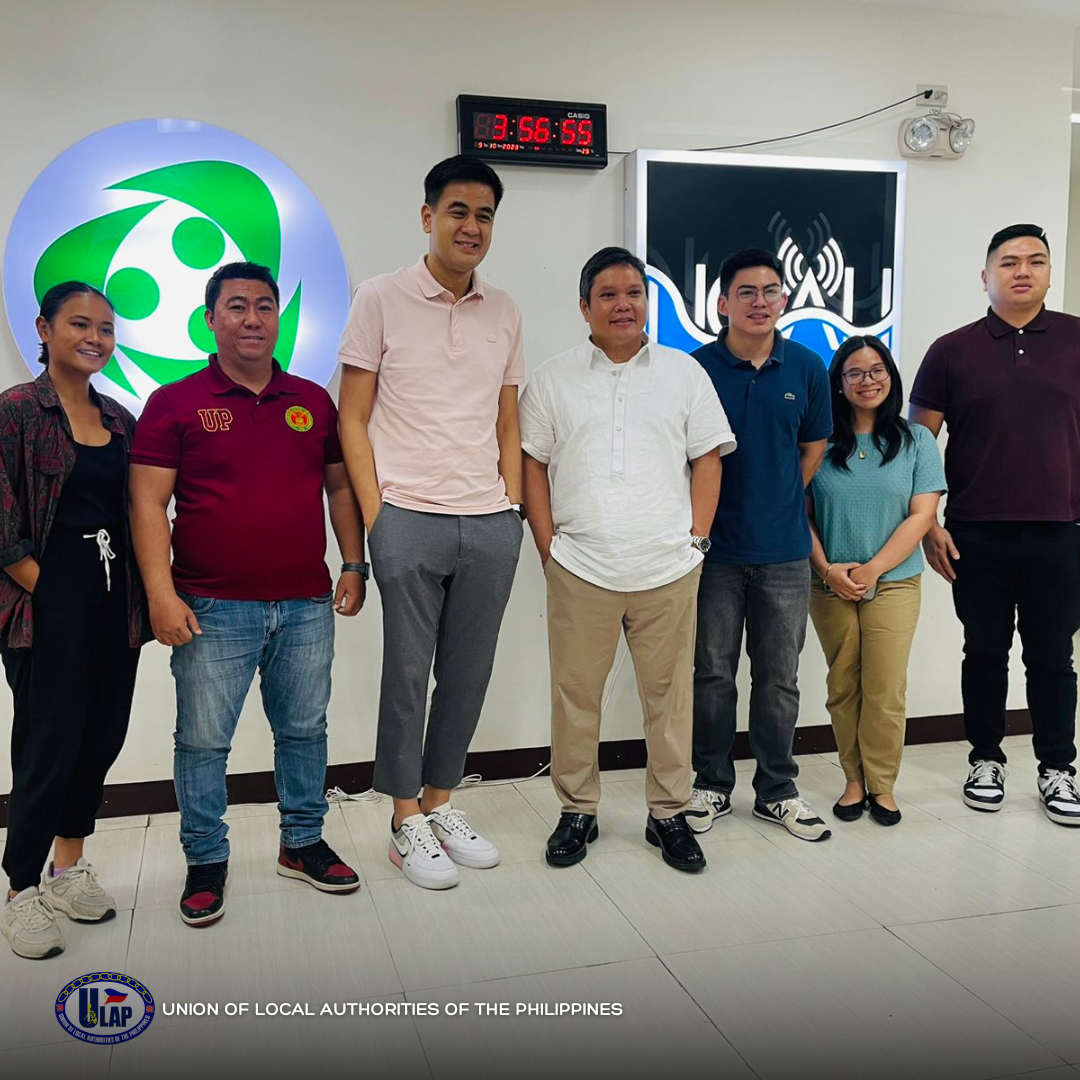
ULAP President Dax Cua meets with UPRI Executive Director Dr. Alfredo Mahar Francisco Lagmay and the UP Resilience Institute for a potential partnership on strengthening the disaster resilience measures of local governments.

An orientation was conducted on Drainage Master Plan, Flood Control, Landslide, Climate Change Adaptation and DRRM Capacity that could be designed relative to the terrains of local governments. This was followed by a tour at the UP NOAH Center.
The UP Resilience Institute is the service and the research arm of the University of the Philippines in contributing to the country’s effort in climate change mitigation and adaptation. It recognizes centrality of empowering local communities at the heart of resilience and disaster management.
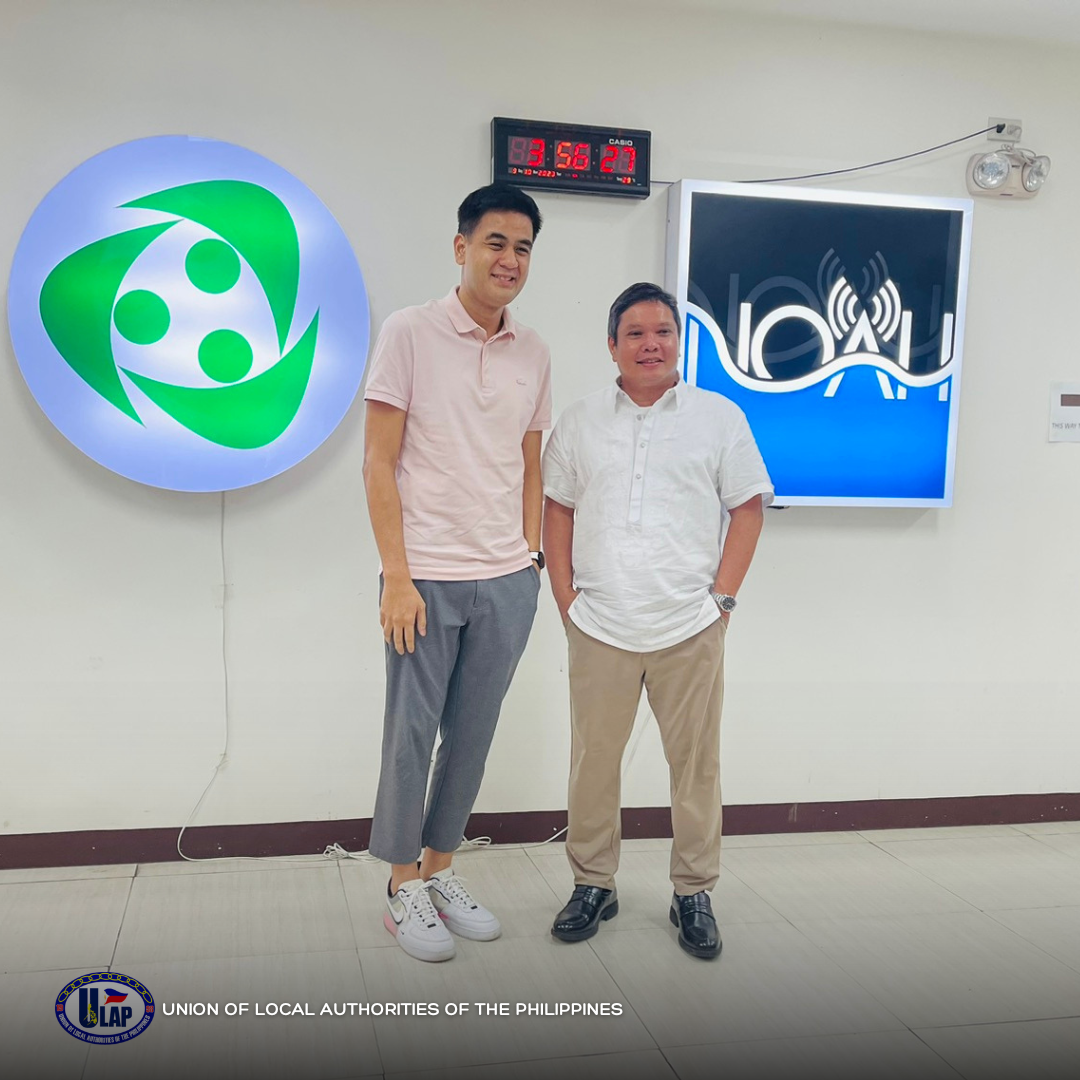
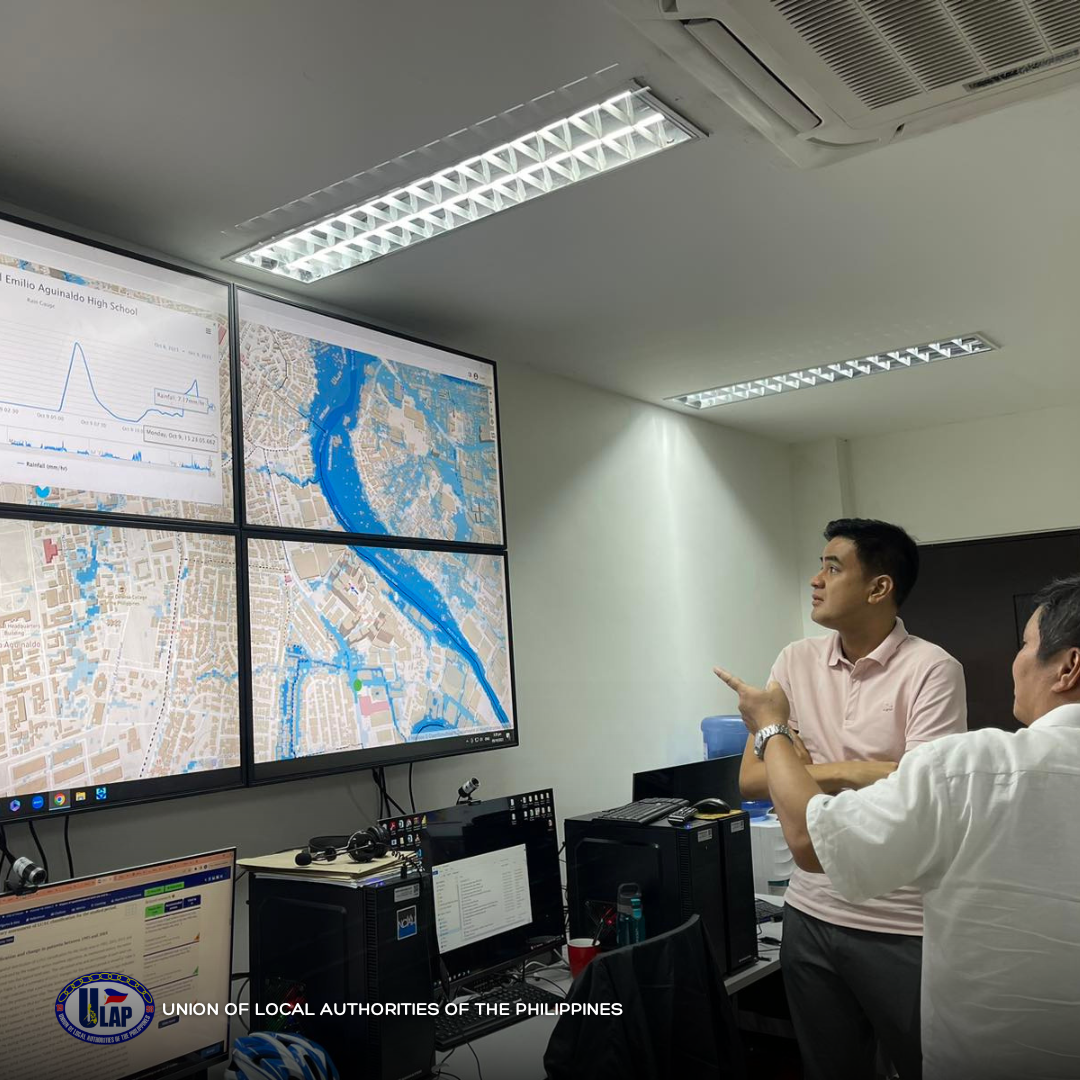
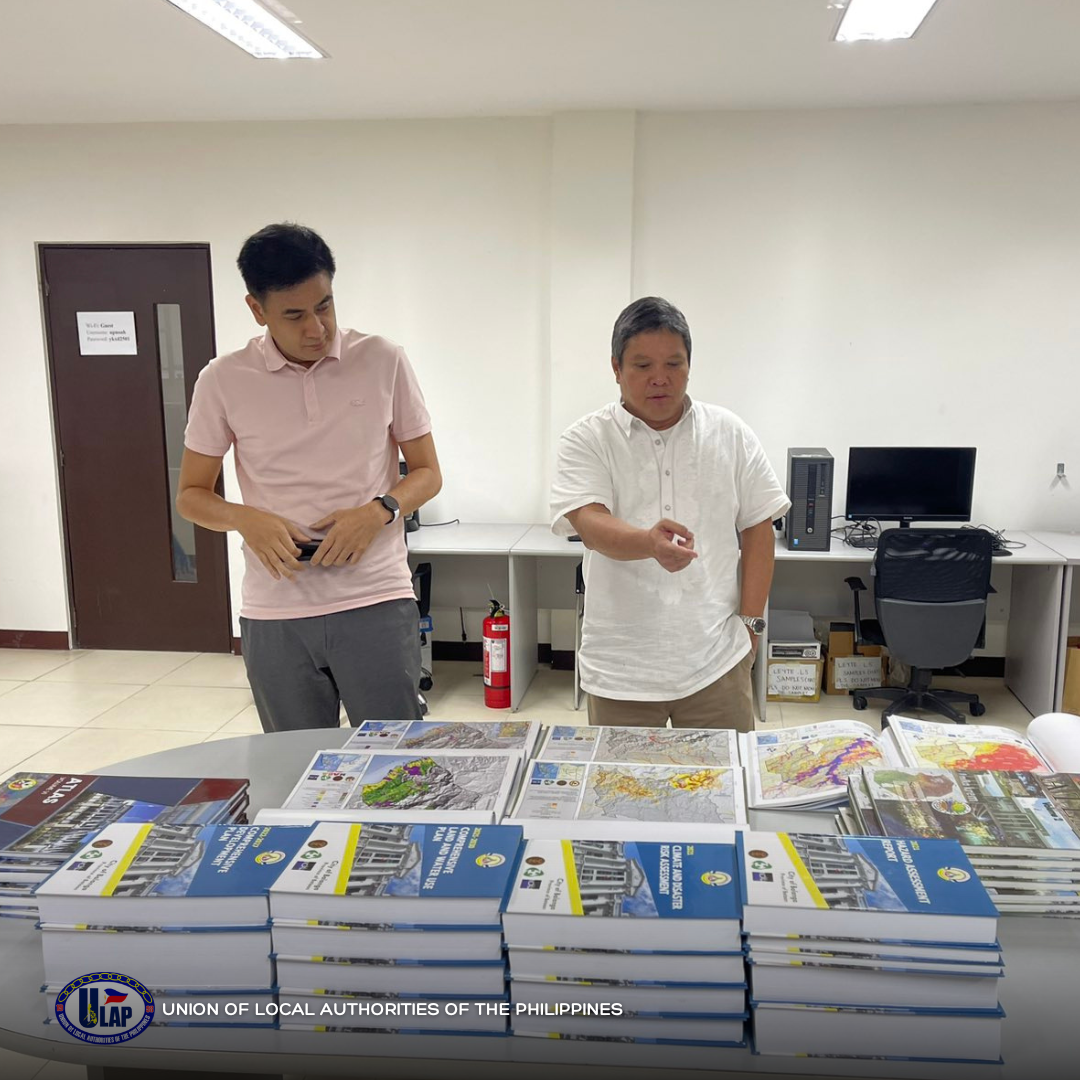
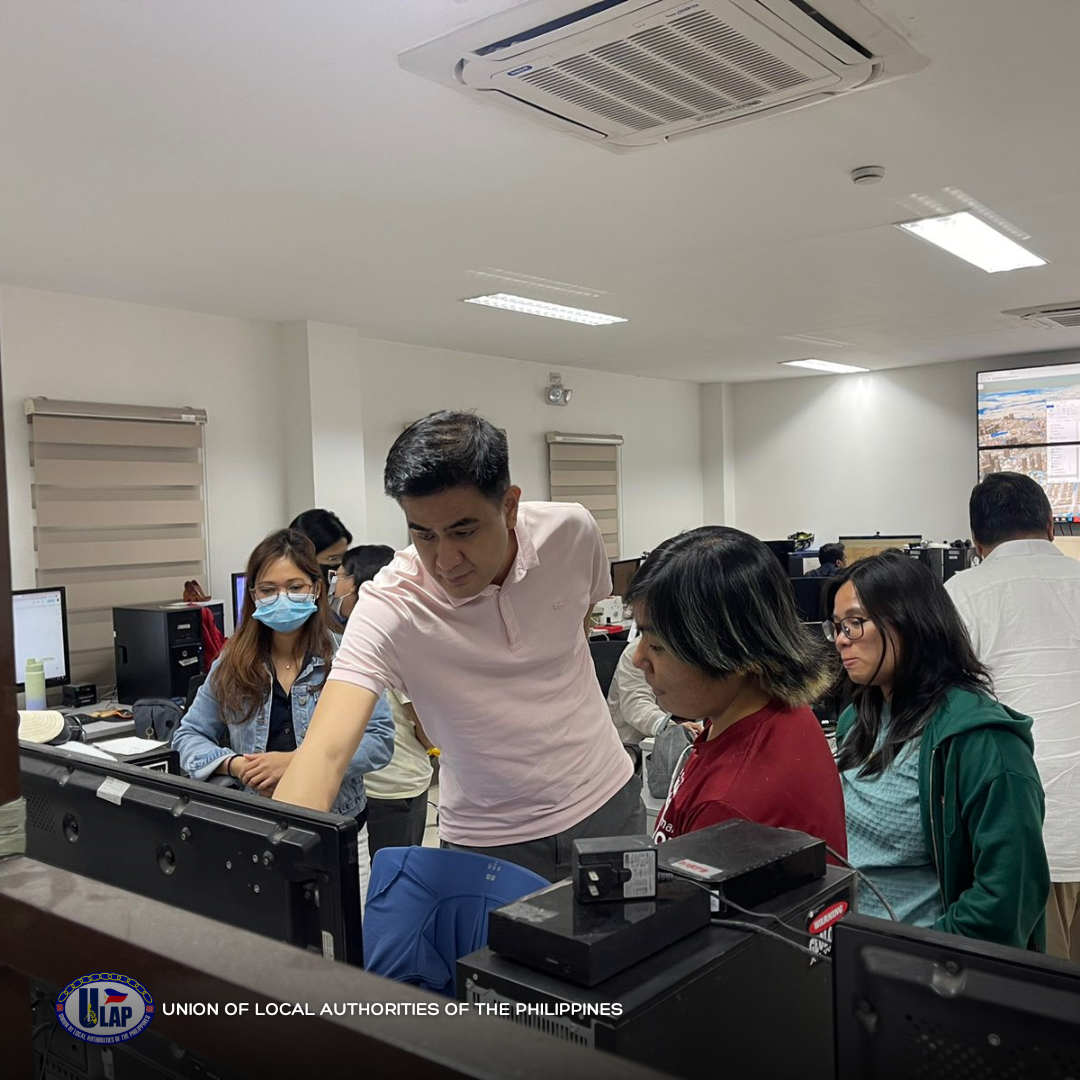
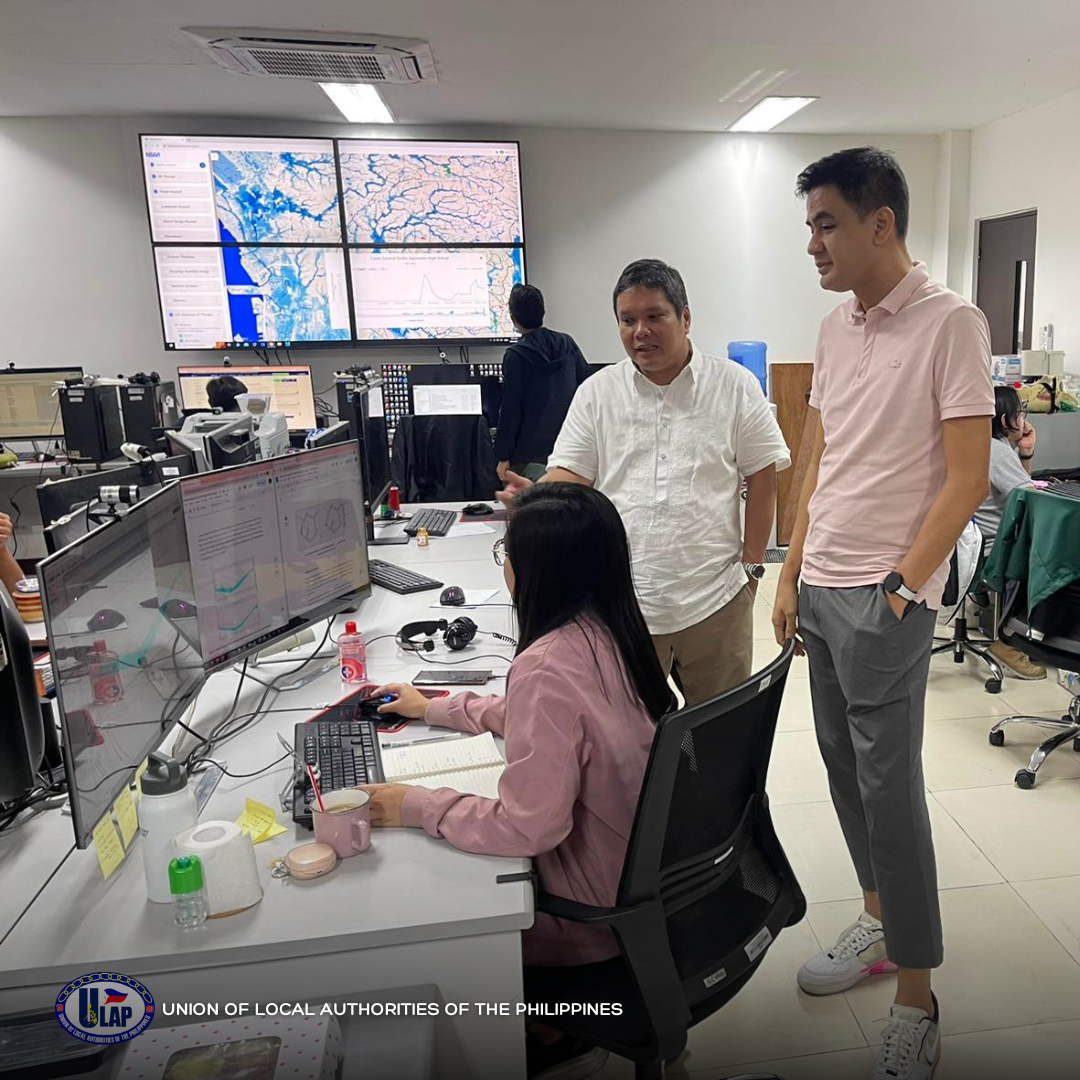
🎉 Celebrating 32 Years of the Local Government Code! 🏛️
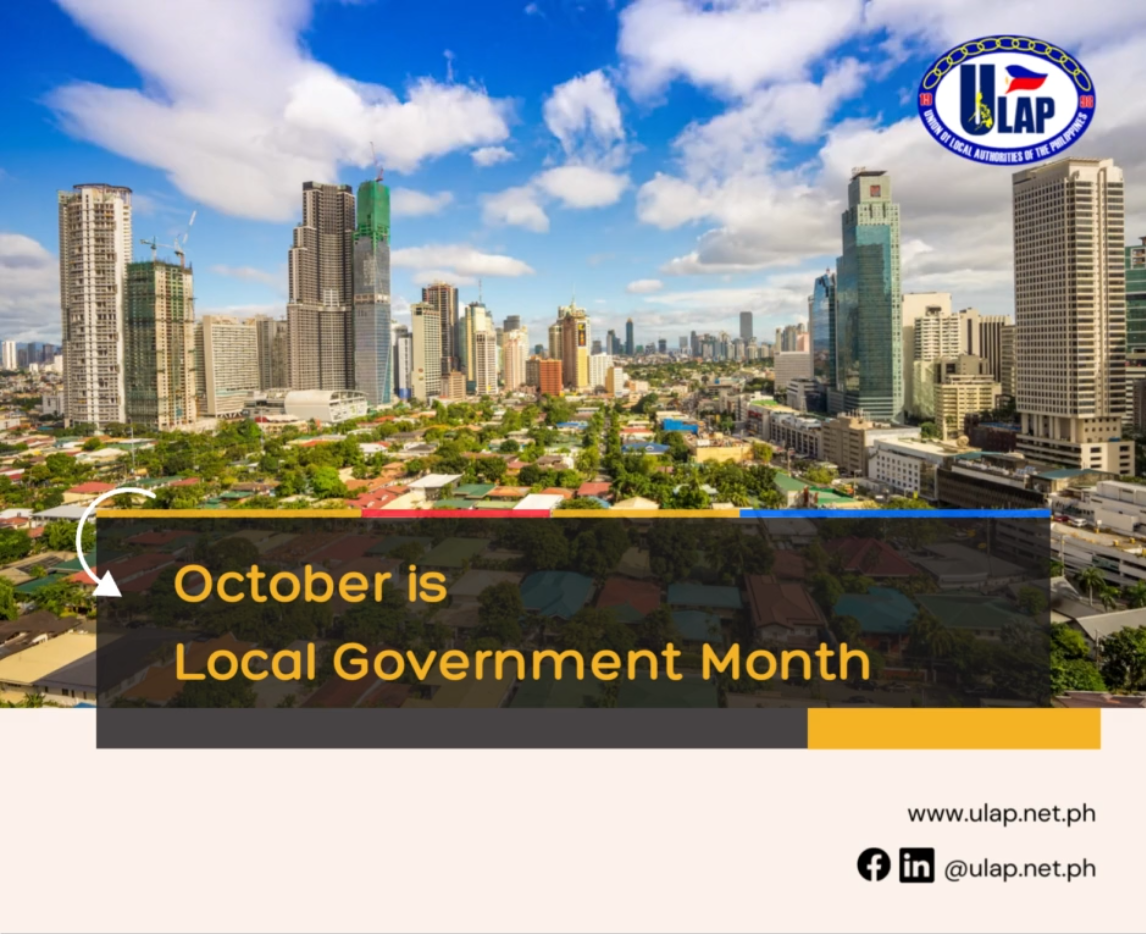
Gov. Dax Cua Joins LGC Celebration: “FESTIVAL OF LOCAL EXCELLENCE,” NURTURING BEST PRACTICES IN LOCAL GOVERNANCE: A KNOWLEDGE EXCHANGE
